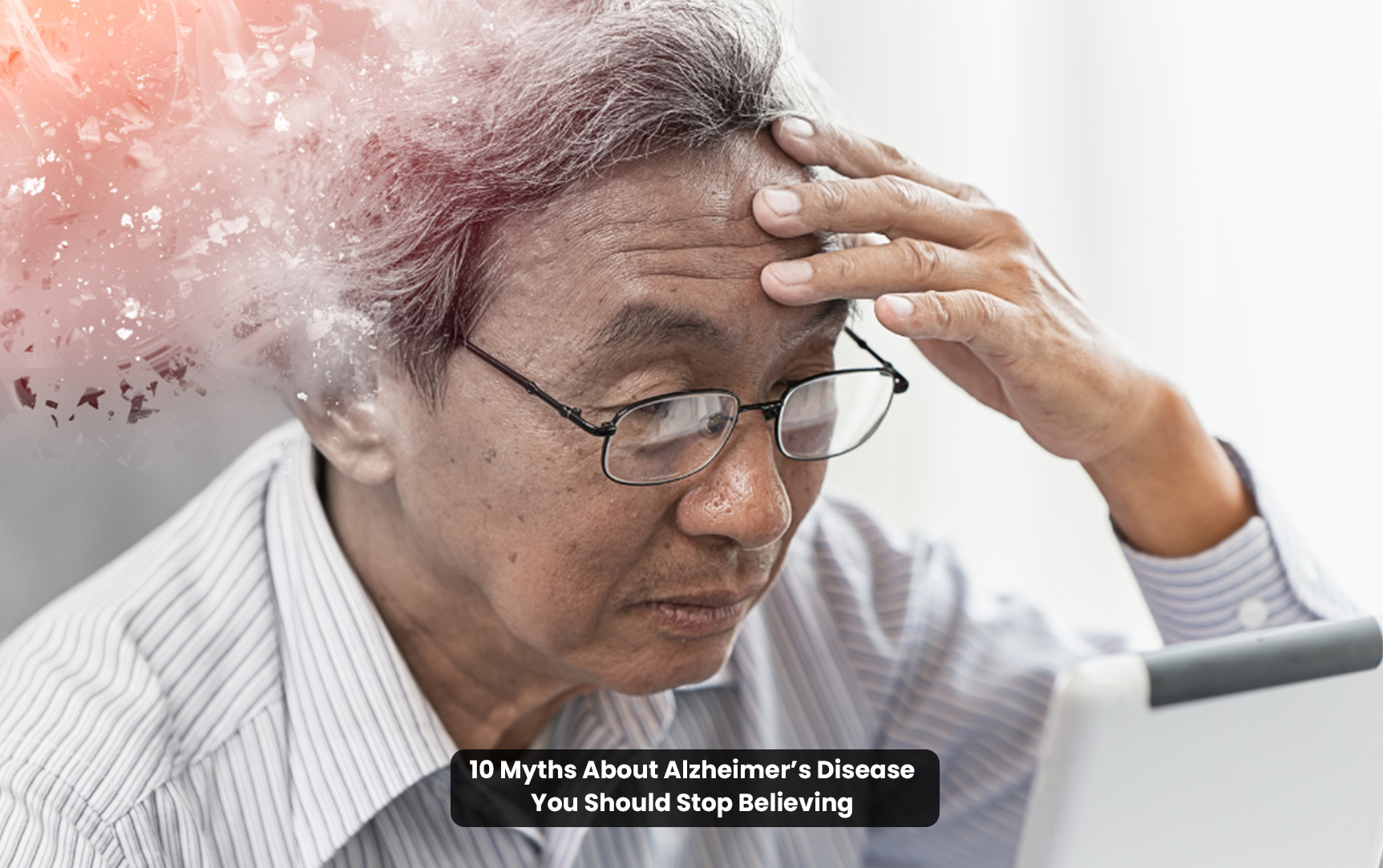
No, occasional forgetfulness is a normal part of aging and does not interfere significantly with daily life. Alzheimer’s involves persistent and worsening memory issues that disrupt everyday activities.
Early signs include difficulty remembering recent events, trouble completing familiar tasks, challenges with problem-solving, confusion about time or place, and changes in mood or personality.
No, there is no single test for Alzheimer’s. Diagnosis involves a combination of medical history, physical and neurological exams, cognitive tests, and sometimes imaging or biomarkers.
Brain exercises can help improve cognitive reserve and may delay the onset of symptoms, but they cannot prevent Alzheimer’s entirely.
Advancements in treatments are ongoing. Recent drugs target amyloid plaques and aim to slow disease progression. Consult a healthcare provider for the latest updates.
Yes, maintaining routines, a healthy diet, and staying physically and socially active can improve quality of life and slow symptom progression in early stages.
Ashiana, Ashiana Housing build homes. Homes surrounded by vast green spaces and fresh breeze. Homes cocooned in secured gated complexes. Homes where futures are forged and there are opportunities to grow. And Homes in environments brimming with healthy activity, trust and respect. At heart, we build communities with care.
Other posts by Ashiana
Join 1000+ of fellow readers. Get expert real estate knowledge straight to your inbox absolutely free. Just enter your email address below.